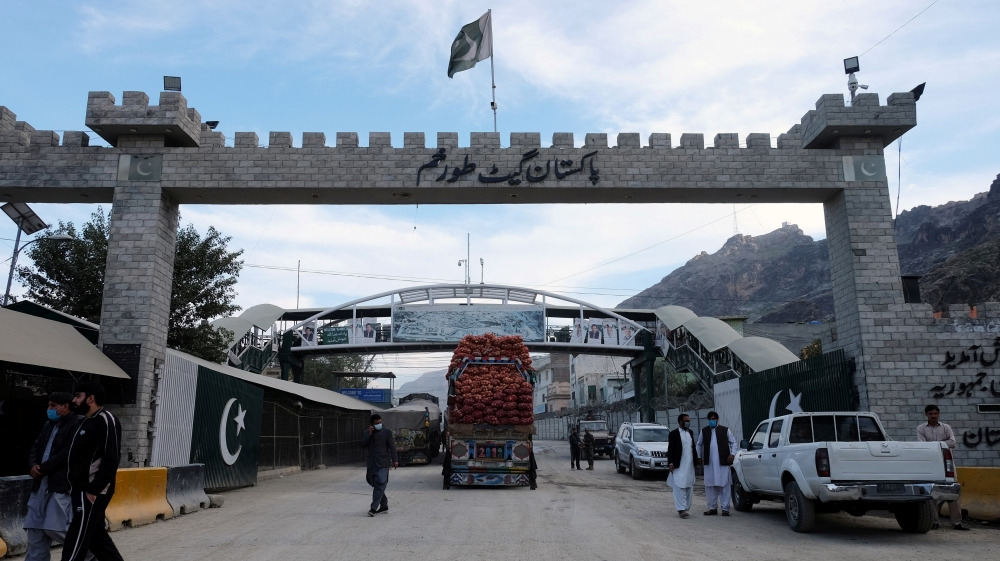Thousands of Afghans in Pakistan risk arrest as the departure deadline expires, prompting many to leave.
Pakistan had given undocumented Afghans until November 1st to leave. Many Afghans lined up at Torkham, a border crossing, to exit.
In one day, 29,000 migrants crossed different border checkpoints.
From November 1st, Pakistan started arresting and deporting undocumented people. However, they also promote voluntary returns.
Since announcing this plan in October, over 140,000 people left. Although the rule applies to all undocumented migrants, Afghans make up most of them.
Media reports said 49 centers opened to process and send back Afghans. One Afghan girl plans to stay in Pakistan, fearing her education in Afghanistan will stop.
She said her family won’t leave, even if her father gets arrested.

Emergency on the Border
Historically, many Afghans fled to Pakistan due to violence. About 600,000 came after the Taliban’s rise in August 2021.
Pakistan says these deportations protect their security. They point to increasing attacks by militants from Afghanistan.
Samiullah Samoon, an immigration official at Torkham, described the situation as urgent. Benafsha, waiting to return to Kunduz, expressed concerns.
She said she has no land or job in Kunduz, though she lived in Pakistan for years.
Organizations like Human Rights Watch voice concerns for deported Afghans. The UN says they might face dangers in Afghanistan.
The US has asked Pakistan to protect Afghans seeking asylum. US spokesperson, Matthew Miller, emphasized assisting Afghans.
The Afghan side struggles to handle returning Afghans, causing frustration. Many wait days for registration, lacking basics like shelter and food.
Gulana, a woman in her 60s, spoke of her two-day wait at Torkham. She fled Pakistan after her son’s arrest and now feels lost.
Reports suggest some Afghans face unjust treatment in Pakistan. In Karachi, some report arrests and alleged police extortion. This includes those with legal status.
Background
Afghan migration to Pakistan isn’t new; it started decades ago. Wars, primarily with the Soviets and later civil conflicts, forced many to flee.
Pakistan, sharing a long border with Afghanistan, naturally became a refuge. The bond between these nations goes beyond mere geography; cultural and ethnic ties run deep.
The Pashtun communities straddle both sides of the border. However, periodic tensions arise, often linked to politics or security.
This deportation policy reflects changing dynamics in the region. The situation emphasizes the need for international cooperation on refugee crises.

